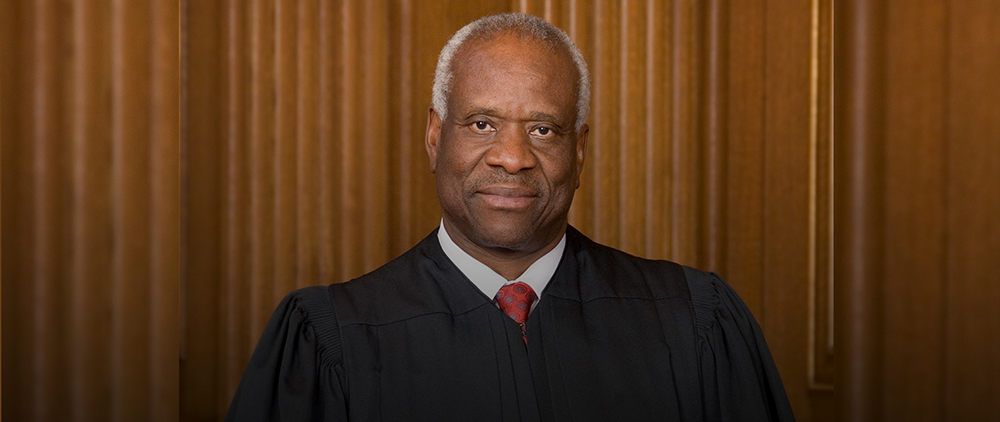Following Justice Thomas’s Instructions on SCOTUS’ Same-Sex Marriage Decision
Oct 8, 2020 by David Fowler

This week, Justice Clarence Thomas issued a “statement”—in layman’s terms, a certain kind of opinion—about the Supreme Court’s decision not to hear an appeal of a judgment against Rowan County, Kentucky Clerk, Kim Davis. You will recall that she famously refused to issue a marriage license to a same-sex couple as a matter of the “free exercise” of her “religion” after the Supreme Court’s marriage decision in Obergefell v. Hodges. So far, all the pundits who have commented on Thomas’ statement have missed the most significant thing he said, but not a group of preachers in Tennessee.
Thomas wrote: “This petition implicates important questions about the scope of our decision in Obergefell, but it does not cleanly present them. For that reason, I concur in the denial of certiorari.”
This is what Justice Thomas and Justice Alito, who concurred in Thomas’ statement, were saying:
Thomas wrote: “This petition implicates important questions about the scope of our decision in Obergefell, but it does not cleanly present them. For that reason, I concur in the denial of certiorari.”
This is what Justice Thomas and Justice Alito, who concurred in Thomas’ statement, were saying:
I’m not going to vote for an appeal because what Ms. Davis did and the legal arguments she made did not give us the right legal issue and right set of facts upon which we could either limit or reverse Obergefell.
So, why don’t those opposed to Obergefell on religious grounds and those opposed simply for its abuse of the Constitution not listen to these voices of constitutional authority and choose a course of action accordingly: Bring a lawsuit or pass a law that squarely puts at issue the “scope” of the Court’s decision in Obergefell?
Actually, I brought such a lawsuit, two in fact. But unlike Thomas and Alito, the state courts thought the “scope” of Obergefell was settled and dismissed them both. They could not see the host of issues Obergefell left open, and the ones it created.
However, the most notable issue it created is this : If the Supreme Court says a law in another state cannot be enforced, then what should officials in Tennessee do about a similar law in our state?
What happened here is that Governor Haslam unilaterally took it upon himself to “amend” the marriage license statutes by executive fiat. He ignored the fact that no court had ever prohibited any state official from obeying the provisions in Tennessee’s Constitution regarding those statutes or the statutes themselves. And, most egregiously, he ignored the fact that only the legislature can constitutionally amend a law.
Unfortunately, Governor Lee has chosen to follow in Haslam’s footsteps, to keep doing what Haslam did.
The “Emperor’s New Law.”
What we have is what I might call the “Emperor’s New Law” of marriage licensing. It is a type of law that parallels the story of the Emperor’s new clothes. His clothes didn’t exist, but everyone was afraid to say so.
It is the same thing here. We have laws on marriage licensing, and they may not be enforceable if an official were sued for complying with them, but literally everyone in state and local government is acting like we have a new law without any action from the legislature or even a court.
State and local government officials are acting like the governor—as the “emperor”—can make up a new law for us. Every government official in Tennessee has been afraid to say there is no new law.
Giving the Justices What They Asked For.
Well, Justice Thomas and Justice Alito, the “Emperor’s new law” for Tennessee violates the First Amendment rights that the two of you mentioned in your statement, and that is why over 250 preachers in Tennessee will soon be represented in the kind of federal court lawsuit you asked for.
The naked grab for power over the people of Tennessee by the Supreme Court and elected officials in Tennessee will soon be exposed.
David Fowler served in the Tennessee state Senate for 12 years before joining FACT as President in 2006.

